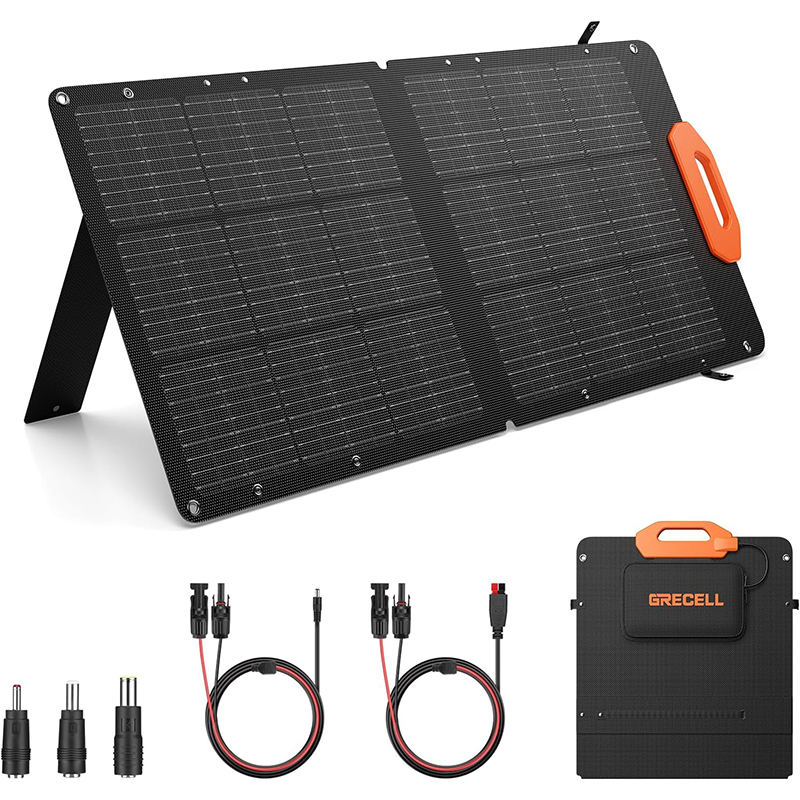-
 FAST SHIPPING
FAST SHIPPING
-
 COMPETITIVE PRICE
COMPETITIVE PRICE
-
 EXCELLENT AFTER-SERVICE
EXCELLENT AFTER-SERVICE
- Home
- Products
- PV Panel
- Full Black Solar PV Modules TP 410W
- Full Black Bifacial Solar PV Modules 420W
- Full Black Solar PV Modules TP 430W
- Solar Module 550W
- Flexible Solar Module 375W
- LONGi-LR5-72HTH-565W Silver Frame Solar Panel
- SUNTECH-STP420S-420W Full Black Solar Panel
- JASolar 435W JAM54D41 Full Black Bifacial Glass Solar Panel
- TW SOLAR 610W MNH66HD Bifacial Solar Panel
- Jinko 620W 66HL4M-BDV Bifacial Solar Panel
- Solar Inverter
- Solar Storage Battery
- Residential Photovoltaic Kits
- Solar Panel Brackets
- Balcony/Garden Photovoltaic Kits
- Outdoor Power Station
- EV charging pile
- Photovoltaic Accessory
- C&I ESS Solution
- PV Panel
- About Us
- News & Events
- Contact Us
Web Menu
- Home
- Products
- PV Panel
- Full Black Solar PV Modules TP 410W
- Full Black Bifacial Solar PV Modules 420W
- Full Black Solar PV Modules TP 430W
- Solar Module 550W
- Flexible Solar Module 375W
- LONGi-LR5-72HTH-565W Silver Frame Solar Panel
- SUNTECH-STP420S-420W Full Black Solar Panel
- JASolar 435W JAM54D41 Full Black Bifacial Glass Solar Panel
- TW SOLAR 610W MNH66HD Bifacial Solar Panel
- Jinko 620W 66HL4M-BDV Bifacial Solar Panel
- Solar Inverter
- Solar Storage Battery
- Residential Photovoltaic Kits
- Solar Panel Brackets
- Balcony/Garden Photovoltaic Kits
- Outdoor Power Station
- EV charging pile
- Photovoltaic Accessory
- C&I ESS Solution
- PV Panel
- About Us
- News & Events
- Contact Us
Product Search
Exit Menu
Product categories
News categories
RECENT POSTS
-
Why MPPT and PWM Controllers Matter in Folding Solar Panel Systems for Reliable Performance
Apr 15,2025 -
Maximizing Efficiency with Residential Photovoltaic Kits: Optimizing Energy Storage and Management for Your Home
Apr 07,2025 -
Maximize Safety and Stability with the Balcony Triangle Bracket: Essential Features Explained
Apr 01,2025 -
How to Choose the Best Folding Solar Panel for Your Outdoor Adventures
Mar 24,2025 -
Maximizing Solar Power: Choosing the Right Solar Storage Battery
Mar 18,2025
Why MPPT and PWM Controllers Matter in Folding Solar Panel Systems for Reliable Performance
Many users invest in a folding solar panel expecting reliable, on-the-go power but often overlook the critical role of the charge controller. This compact device governs the energy transfer between the panel and the battery, ensuring safe charging and maximizing output. Two controller types dominate the portable solar scene: PWM (Pulse Width Modulation) and MPPT (Maximum Power Point Tracking). The differences between them aren’t just technical—they directly affect how much usable energy you get and how efficient your system truly is in real conditions.
PWM controllers are straightforward and budget-friendly, making them a common inclusion in basic folding solar kits. They regulate battery charging by reducing the flow of energy once the battery approaches full capacity, helping to prevent overcharging and heat buildup. While PWM technology is reliable, it has limitations, especially under changing sunlight conditions. It doesn’t adapt dynamically to fluctuations in voltage, which means some of the potential power generated by the solar panel goes unused.
MPPT controllers, on the other hand, are more intelligent and responsive. They continuously track the panel's optimal operating point and adjust voltage and current levels to draw the highest possible power at any moment. In practical terms, this can result in a 15% to 30% boost in efficiency compared to PWM systems. That extra energy makes a difference during cloudy weather, early mornings, or late afternoons—precisely the times when portable users need consistent charging most.

This kind of controller not only improves performance but also increases flexibility in system design. An MPPT unit can take the higher voltage from a folding solar panel and convert it to the correct level for the battery without wasting energy. That means more compatibility with a range of batteries, especially in mobile setups where weight and space matter. It also allows for better energy transfer during cooler temperatures, where voltage levels tend to be higher—another real-world benefit for outdoor users.
Users depending on folding solar power for camping, remote work, or emergency response will quickly notice the difference. A more efficient controller doesn’t just give you extra wattage; it enables your devices to stay charged longer and more reliably. That reliability can determine whether a laptop gets through a full workday or a communication device stays active in a critical situation. Performance gaps that seem small on paper often become meaningful during actual use.
As a manufacturer, we've seen the long-term impact of controller choice on customer satisfaction. Systems built around MPPT controllers tend to deliver better results, fewer support issues, and stronger word-of-mouth feedback. That’s why many of our folding solar panel kits are designed with MPPT optimization in mind. It’s a small upgrade with a big return—especially for users who want more than just the basics from their power solution.
The choice between MPPT and PWM isn’t just technical—it reflects how seriously a user takes their energy needs. If the goal is consistent, high-efficiency power from a folding solar panel system, an MPPT controller is an upgrade worth considering. By making this choice early, users position themselves for better performance, longer device uptime, and greater confidence in their portable energy setup.
←
No previous article
→
Maximizing Efficiency with Residential Photovoltaic Kits: Optimizing Energy Storage and Management for Your Home
related products
 +39 3444606026
+39 3444606026 [email protected]
[email protected] De Werf 11, 2544 EH The Hague, The Nederland.
De Werf 11, 2544 EH The Hague, The Nederland.
Copyright © 2023 Uni Z International B.V. VAT: NL864303440B01 All Rights Reserved



 0
0


 italiano
italiano Polskie
Polskie Nederlands
Nederlands Deutsch
Deutsch Français
Français Español
Español Український
Український











